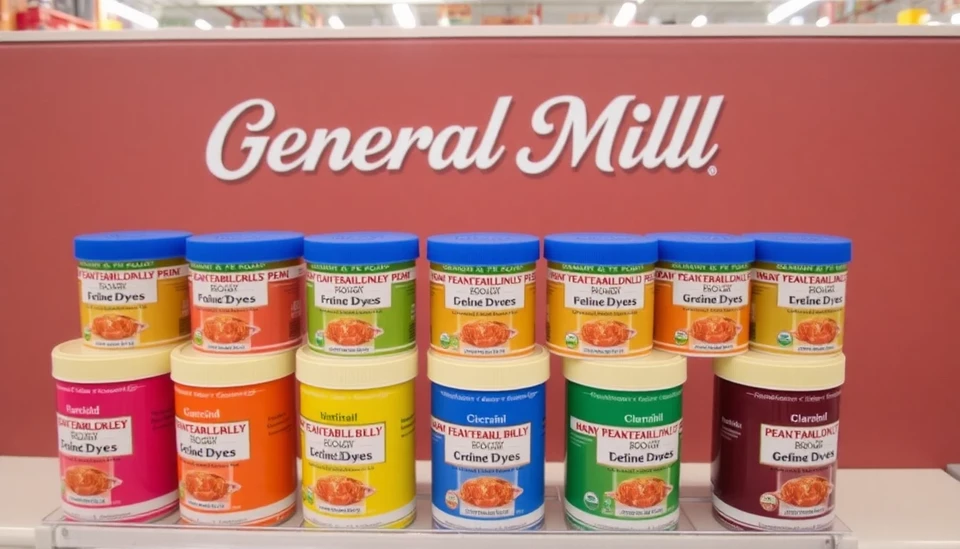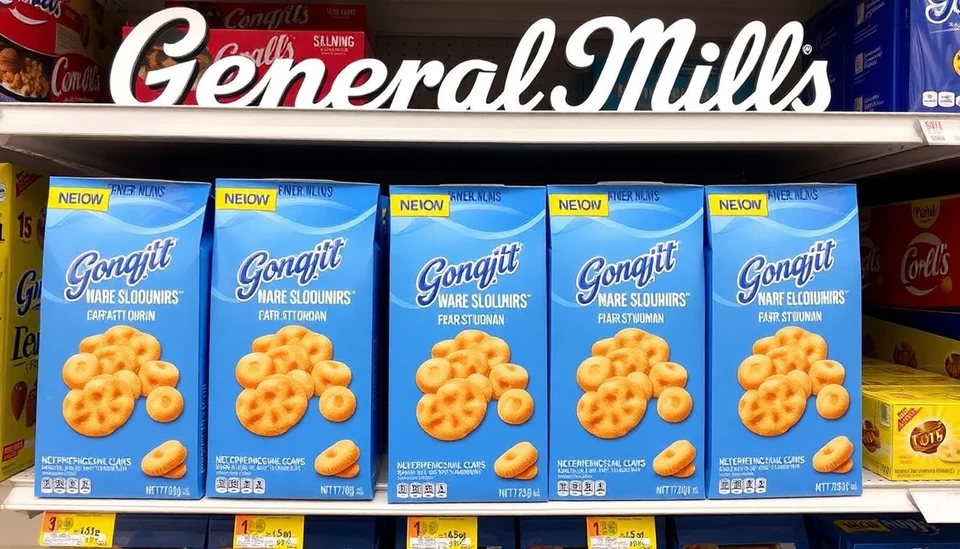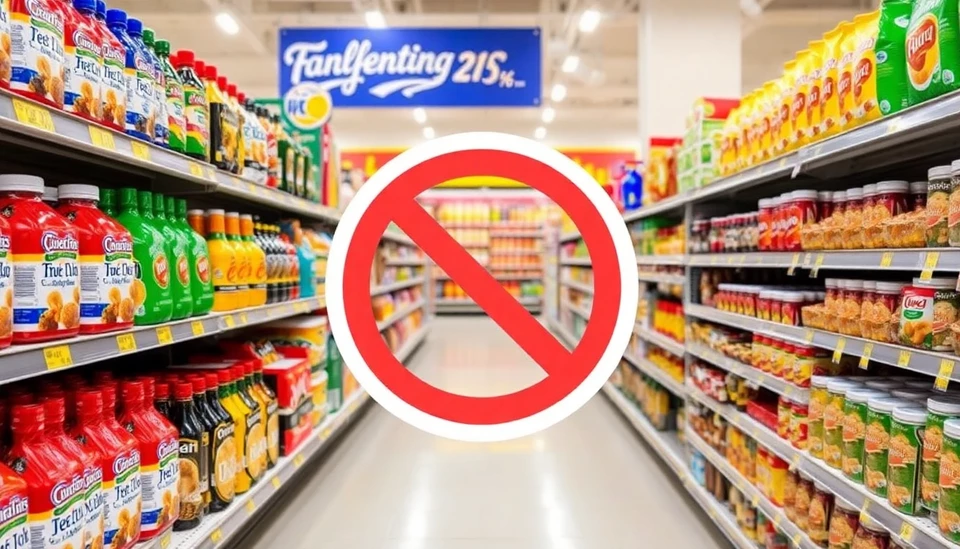
In a significant move amidst growing scrutiny, General Mills announced its intention to engage in discussions surrounding the use of artificial food dyes in its products. This decision comes in the wake of increased public concern, driven notably by the advocacy of Robert F. Kennedy Jr., who has been vocal against the health risks associated with synthetic colorants used in various food items.
The conversation around food dyes has reached a fever pitch as consumers become more health-conscious and increasingly demand transparency from major food manufacturers. Kennedy Jr., known for his controversial stance on various health issues, has launched campaigns advocating for a nationwide ban on certain food dyes that are prevalent in many children’s products, citing potential links to hyperactivity and other health issues. This has prompted companies like General Mills to reevaluate their stance on the ingredients they use.
General Mills, one of the leading companies in the food sector, has found itself at a crossroads. While artificial food dyes are widely used to enhance the appearance of food products, there is a growing backlash against these additives due to health concerns. As public awareness rises, more consumers are inquiring about the safety of the products they purchase. The company's commitment to addressing these concerns could signify a pivotal shift in the way food manufacturers approach product formulation.
In response to this pressure, General Mills is reportedly looking to engage with stakeholders, including health advocates and concerned parents, to discuss the role of food dyes in their portfolio. The impending conversation aims to address consumer concerns while also assessing the feasibility of reformulating products to either reduce or eliminate synthetic dyes without compromising on taste, aesthetic appeal, or cost-effectiveness.
This dialogue is not just about consumer protection; it's also about adapting to a changing marketplace where healthier and more natural products are becoming increasingly popular. As more brands pivot towards natural alternatives, it will be critical for General Mills to balance its commitment to consumers with operational realities in a highly competitive industry.
The discussions are expected to focus on potential changes to product lines, including iconic items like cereals and snack foods, which often contain these artificial colorants. In the past, similar movements within the industry have led other companies to reformulate their products—most notably in the case of other major snack and beverage brands, which have made significant strides towards removing artificial ingredients in response to consumer demands.
As General Mills prepares for this vital discussion, industry observers will be closely watching how the company navigates the complexities of consumer desires, regulatory landscapes, and scientific research surrounding food safety. This situation could set a significant precedent for the wider industry, influencing not only how food companies operate but also what consumers can expect from their favorite brands moving forward.
Overall, the upcoming discussions at General Mills could signify a turning point, not only for the company itself but also for the food industry as a whole, as it prepares to respond to a generation of health-conscious consumers who are demanding safer and more transparent food options.
As this story develops, stakeholders from all sides will be keen to see how General Mills addresses this escalating issue and whether it will take definitive steps to redefine its product offerings in line with consumer expectations.
#GeneralMills #FoodDyeDebate #HealthyEating #ConsumerAwareness #RobertFKennedyJr #FoodIndustryReform
Author: John Harris


